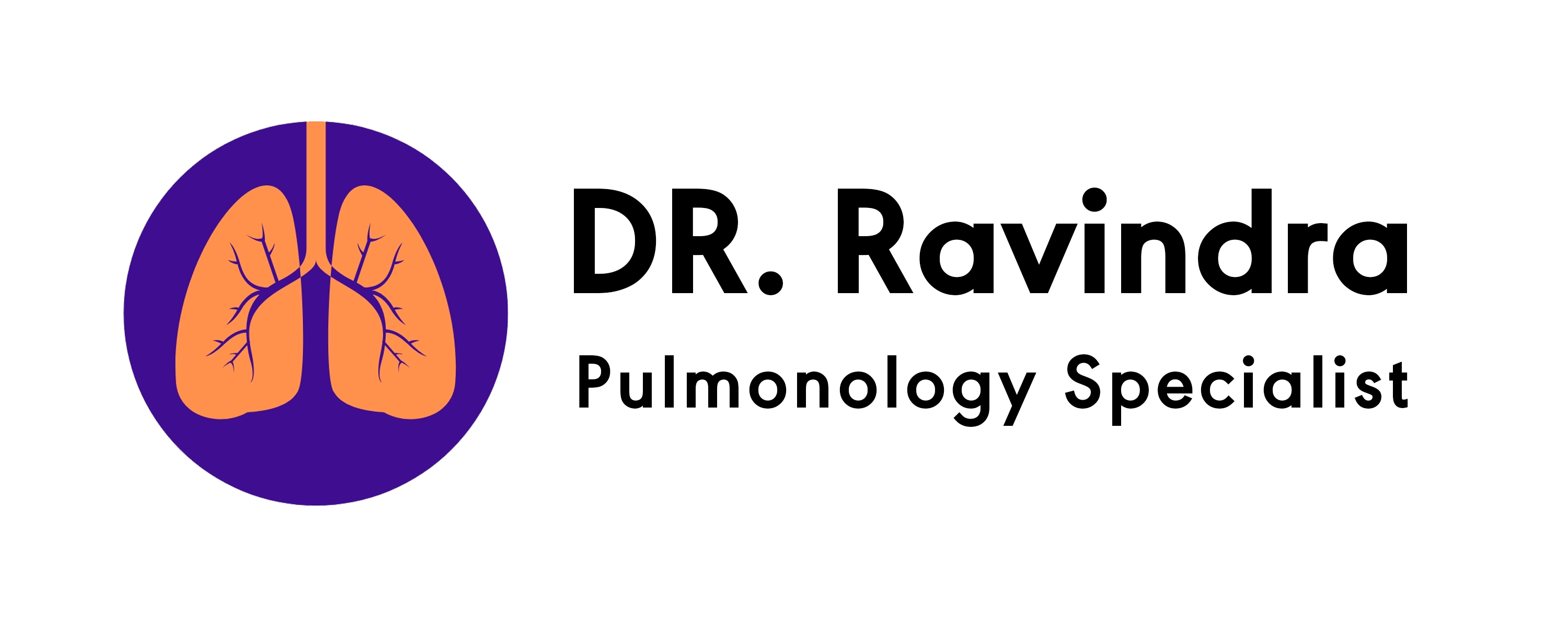Smoking and Lung Diseases
Smoking is one of the leading causes of lung diseases. It damages the lungs over time and increases the risk of conditions like chronic bronchitis, emphysema, COPD, and lung cancer. Even passive smoking (secondhand smoke) can be harmful. Quitting smoking and getting timely treatment can significantly improve lung health and quality of life.
Why Choose Dr. Ravindra Nallagonda
Dr. Ravindra Nallagonda specializes in diagnosing and treating smoking-related lung diseases. With his compassionate approach and expertise, patients receive the right support to manage damage caused by smoking and take steps toward healthier lungs.
Expert in managing smoking-related lung conditions
Comprehensive lung function testing and diagnosis
Supportive care for smoking cessation
Personalized treatment and rehabilitation plans
Focus on improving long-term lung function
Get treatment in a few steps.
We make the process of receiving advanced critical care as smooth and transparent as possible. Here’s how you or your loved one can get started with Lung Rehabilitation under the expert care of Dr. Ravindra Nallagonda:
Consultation & Evaluation
Meet Dr. Ravindra for a full health check-up and lung function tests to assess smoking-related damage.
Creating a Treatment Plan
Receive a custom treatment plan that may include medications, breathing therapy, and help to quit smoking.
Treatment & Follow-up
Start your treatment with continuous support and regular follow-ups to track lung recovery and prevent complications.
